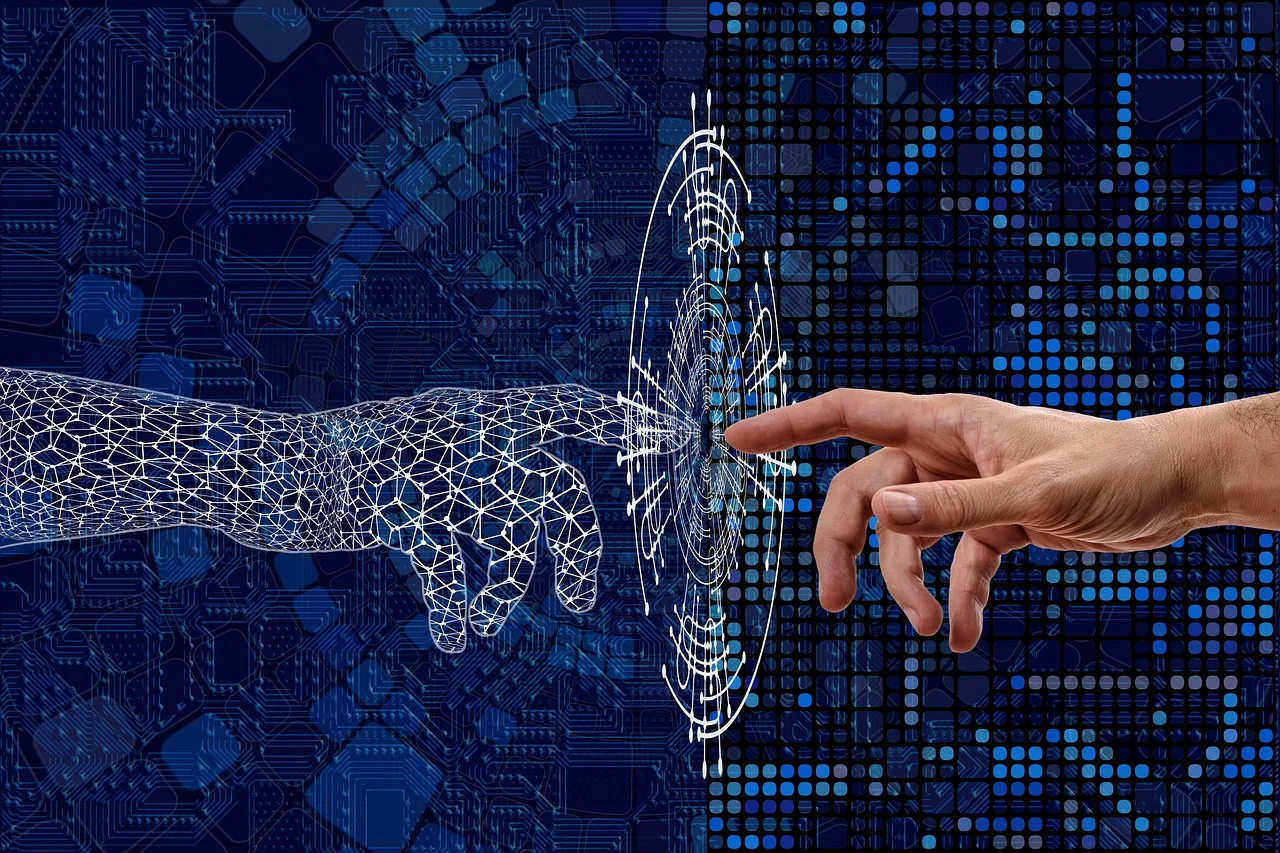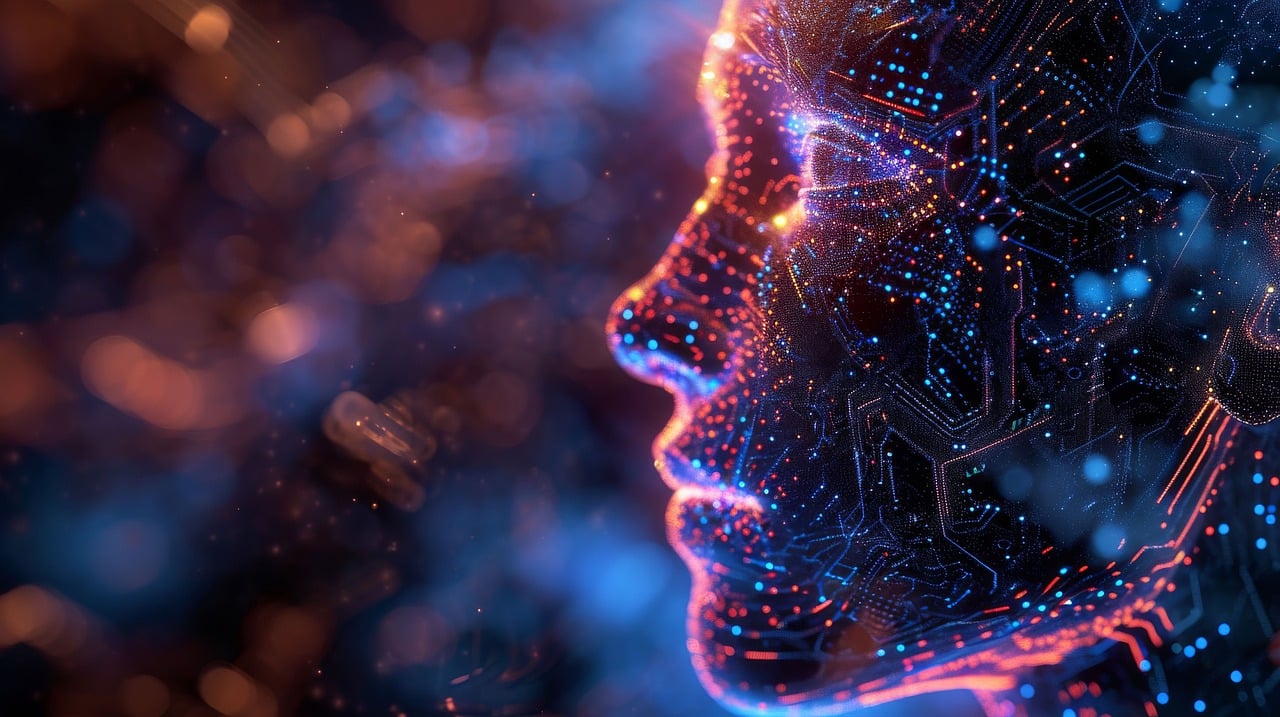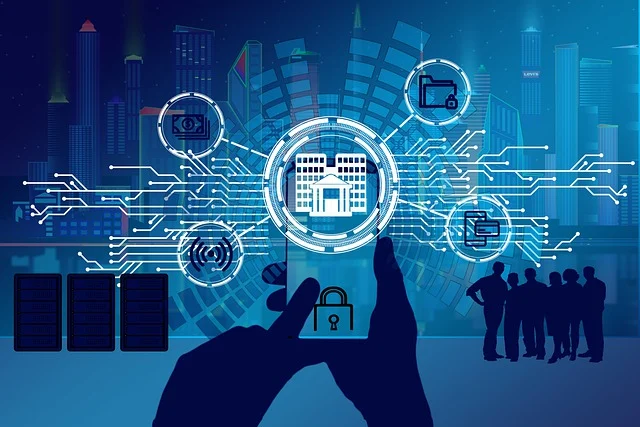Artificial intelligence (AI) has become one of the most transformative technologies of our time. From virtual assistants like Alexa and Siri to recommendation systems that shape what we watch and buy, AI has already revolutionized many aspects of modern life. But as we look ahead to 2030, AI’s potential promises to touch every corner of our daily routines in profound ways. This article explores how AI is poised to reshape homes, workplaces, healthcare, education, and even our entertainment, while also addressing the ethical challenges that accompany this rapid transformation.
Smarter Homes and Cities
By 2030, AI-powered homes will be more intelligent and adaptive than ever. Smart devices will not only respond to commands but anticipate needs. Imagine a home where your AI assistant adjusts the thermostat based on weather predictions, preps your coffee maker before you wake up, and orders groceries as supplies run low. AI will enable homes to learn individual habits and preferences, creating environments that are not only comfortable but also energy-efficient.
On a broader scale, AI-driven smart cities will emerge, revolutionizing urban living. Traffic congestion will be a thing of the past, as AI optimizes transportation systems through autonomous vehicles and predictive traffic flow management. Public utilities like electricity and water will be managed more efficiently, reducing waste and conserving resources. Cities will become cleaner, greener, and more livable, thanks to AI’s ability to analyze vast amounts of data and make real-time decisions.
AI in Healthcare
Healthcare is one of the most exciting arenas for AI innovation. By 2030, wearable devices powered by AI will monitor health metrics like heart rate, blood pressure, and glucose levels in real time, alerting users to potential issues before they become critical. Personalized medicine will become the norm, with AI analyzing genetic data to recommend treatments tailored to an individual’s unique biology.
AI will also revolutionize diagnostics. Machines will analyze medical images, lab results, and patient histories faster and more accurately than human doctors. This will lead to earlier detection of diseases like cancer and more effective treatment plans. Additionally, AI will play a critical role in drug discovery, shortening the time needed to develop new medications. Remote surgeries using robotic systems controlled by AI will become increasingly common, making advanced medical care accessible to people in remote areas.
AI and Education
Education will undergo a dramatic transformation as AI personalised learning for students of all ages. Adaptive learning platforms will assess a student’s strengths and weaknesses, tailoring lessons to their individual pace and style. Virtual tutors powered by AI will provide one-on-one support, breaking down complex concepts into easily digestible pieces.
Furthermore, AI will make education more accessible globally. Language barriers will dissolve as real-time AI translation tools become more sophisticated. Students in underserved communities will gain access to high-quality learning resources, bridging gaps in education and fostering greater equality.
Workplace Revolution
The workplace of 2030 will be a hybrid of human ingenuity and AI efficiency. Repetitive tasks will be fully automated, freeing employees to focus on creative and strategic work. Virtual AI colleagues will assist with brainstorming, data analysis, and even content creation, enhancing productivity across industries.
While AI will create new job opportunities, it will also render certain roles obsolete, necessitating widespread reskilling and upskilling efforts. Governments, businesses, and educational institutions will need to collaborate to ensure workers are prepared for the jobs of the future. This shift will redefine the nature of work, emphasizing adaptability and continuous learning.
Entertainment and Gaming
Entertainment will reach new heights as AI generates hyper-personalized content. Streaming platforms will use AI to create shows and movies tailored to individual preferences, even generating entirely new storylines based on user feedback. In gaming, AI will enable dynamic, immersive experiences with virtual worlds that respond to players’ actions in real time.
Virtual reality (VR) and augmented reality (AR) experiences will become more realistic and engaging, blurring the line between the physical and digital worlds. Social interactions within these virtual environments will feel authentic, powered by AI’s ability to simulate human-like behavior.
Ethical and Social Considerations
As AI becomes more integrated into everyday life, ethical and social challenges will take center stage. Privacy concerns will grow as AI systems collect and analyze vast amounts of personal data. Bias in AI algorithms will need to be addressed to ensure fairness and equity. Transparency and accountability will be critical to prevent misuse, particularly in areas like surveillance and misinformation.
Regulation will play a key role in shaping the future of AI. Policymakers will need to strike a balance between fostering innovation and protecting societal values. Collaboration between governments, tech companies, and civil society will be essential to ensure AI is developed and deployed responsibly.
Conclusion
The future of AI holds incredible promise for transforming everyday life by 2030. From smarter homes and personalized healthcare to reimagined education and entertainment, AI has the potential to enhance human well-being and create new opportunities. However, realizing this potential will require careful navigation of ethical challenges and proactive efforts to ensure inclusivity and fairness.
As we embrace the AI-driven future, we must remember that technology is a tool, not a replacement for human values. By harnessing AI responsibly, we can create a world that is not only more efficient but also more equitable and compassionate.








